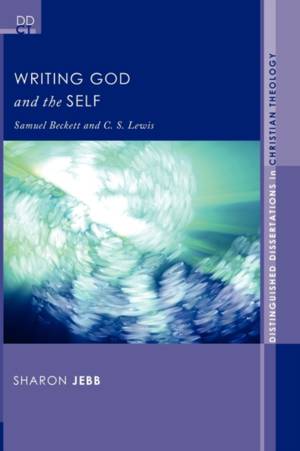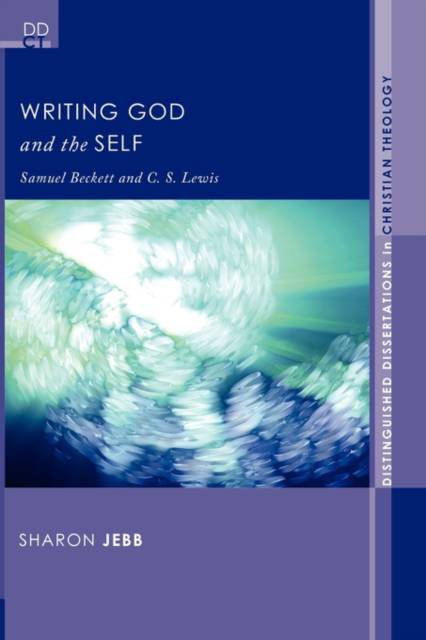
- Afhalen na 1 uur in een winkel met voorraad
- Gratis thuislevering in België vanaf € 30
- Ruim aanbod met 7 miljoen producten
- Afhalen na 1 uur in een winkel met voorraad
- Gratis thuislevering in België vanaf € 30
- Ruim aanbod met 7 miljoen producten
Zoeken
Omschrijving
Contemporary literature has, for several decades and in various guises, been dominated by questions of identity and the self. It has been forgotten that, until the Enlightenment, theological reflection emphasized the close connectedness of the self with God; knowledge of God is essential to knowledge of the self; and vice-versa, correct knowledge of the self is a necessary correlate to true knowledge of God. This has been called the double knowledge. Writing God and the Self examines two literary texts and lives as representative of two antithetical positions. The first, represented by Samuel Beckett's life and his Three Novels, is that the self is independent of God; the second, represented by C. S. Lewis and Till We Have Faces, is that God and the self are intimately connected. Beckett's radical apophaticism about God is shown to be tied to his extreme apophaticism about the self, whereas Lewis's sense of selfhood is demonstrated to be integrally connected to his sense of a personal and self-transcending God. Other voices--Augustine, Teresa of Avila, Charles Taylor, Rowan Williams, Mark McIntosh and Vladimir Lossky--join the chorus of theologians, psychologists, and other thinkers, past and present, that contribute to this exploration of what Christian theology has to say about the insistent problem of the self. Taken together, all these voices articulate a powerful vision of selfhood in relation to God that is desperately needed today.
Specificaties
Betrokkenen
- Auteur(s):
- Uitgeverij:
Inhoud
- Aantal bladzijden:
- 292
- Taal:
- Engels
- Reeks:
- Reeksnummer:
- nr. 5
Eigenschappen
- Productcode (EAN):
- 9781608997381
- Verschijningsdatum:
- 1/05/2011
- Uitvoering:
- Paperback
- Formaat:
- Trade paperback (VS)
- Afmetingen:
- 152 mm x 226 mm
- Gewicht:
- 408 g

Alleen bij Standaard Boekhandel
+ 103 punten op je klantenkaart van Standaard Boekhandel
Beoordelingen
We publiceren alleen reviews die voldoen aan de voorwaarden voor reviews. Bekijk onze voorwaarden voor reviews.











